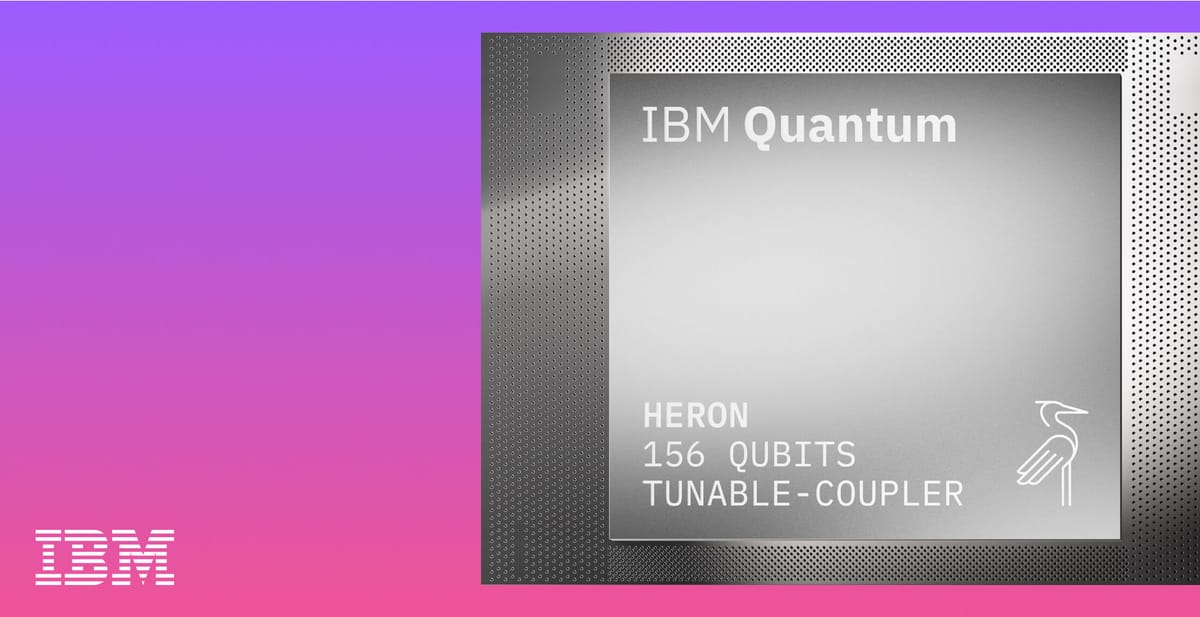
IBM has announced its most advanced quantum computers yet, pushing the limits of what quantum technology can achieve today. The advancements, showcased at the inaugural IBM Quantum Developer Conference, allow users to run significantly larger quantum circuits—up to 5,000 gates—at speeds and accuracy levels previously unattainable.
Why it Matters: IBM's upgrades extend quantum computing's practical use, enabling experiments that are impossible for classical computers to simulate. The enhancements could accelerate progress in materials science, chemistry, and life sciences by tackling problems that require massive computational power.
The News: IBM Heron, IBM's latest quantum processor, paired with advancements in the Qiskit software stack, can now execute quantum circuits twice as large as those in last year’s breakthrough demonstration. Notably, this brings a major speed-up—reducing execution times from 112 hours to just over two hours.
- Heron Processor: The processor can manage up to 5,000 two-qubit gate operations, nearly double the previous quantum circuit capacity. It represents a pivotal leap towards error-corrected quantum systems, a goal IBM plans to achieve by 2029.
- Qiskit Upgrades: Qiskit, IBM’s quantum software, is now the highest-performing quantum SDK. Improvements include new tools like the Qiskit Transpiler Service and Qiskit Code Assistant, which leverage generative AI to simplify building complex quantum algorithms.
Zoom Out: Progress in quantum ultimately impacts AI development. Larger and faster quantum circuits will power quantum algorithms that enhance machine learning models, pushing AI beyond current capabilities. With quantum-centric supercomputing, IBM envisions quantum processors (QPUs) integrated with classical processors (CPUs and GPUs), enabling more efficient AI computation, optimization, and data processing.
What’s Next: IBM’s partnerships are also pivotal. Collaborations with institutions like RIKEN and Cleveland Clinic are beginning to explore practical uses, such as quantum simulations of chemical interactions that are vital for drug discovery. These steps mark a move from theory to tangible quantum utility.
Bottom Line: IBM is not just building faster quantum computers—it's constructing the foundations for quantum advantage. These advancements are expected to drive quantum and AI convergence, transforming scientific research and industry applications over the next decade.

